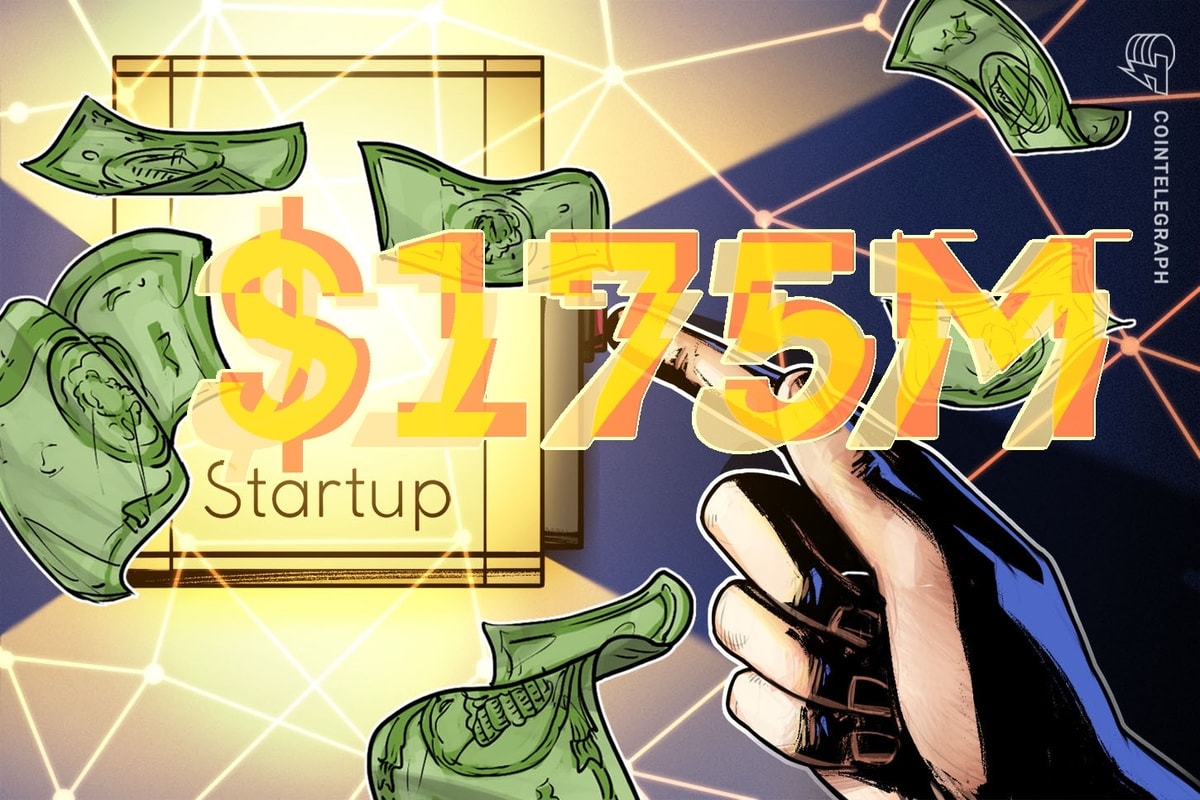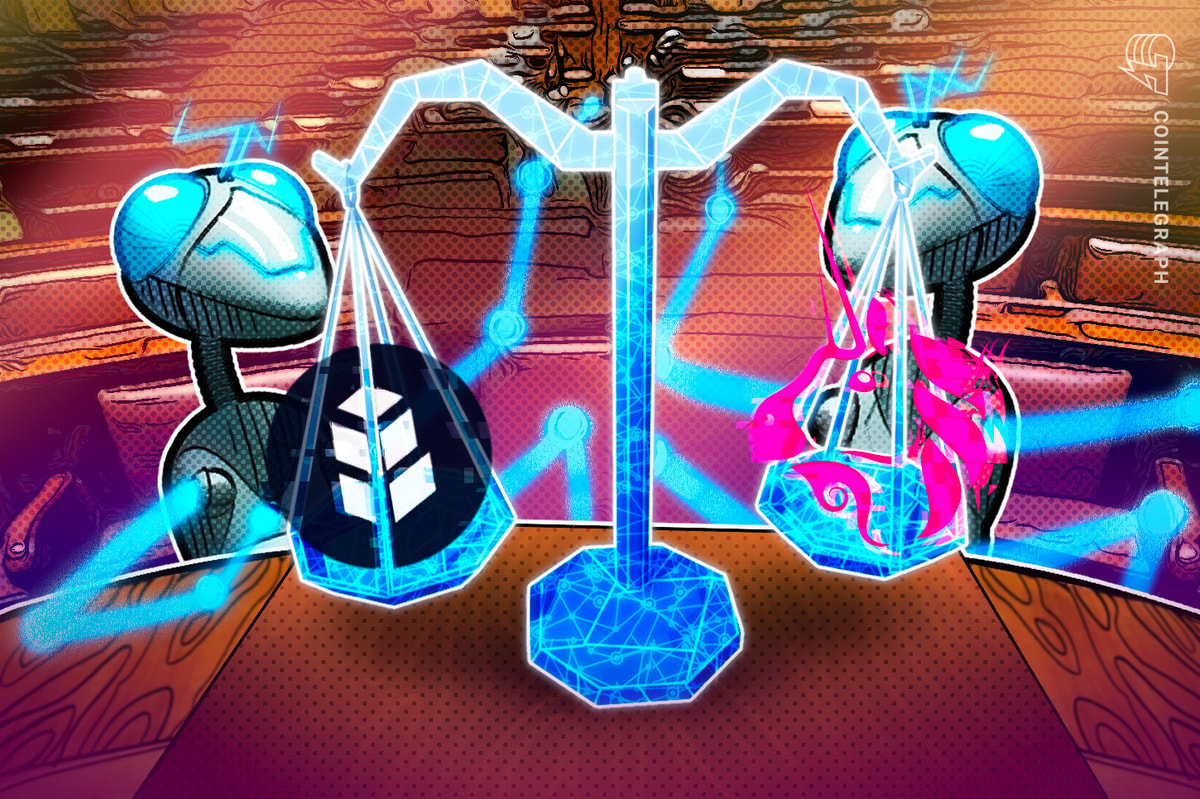
The singleness of money is the assurance that public and private money trade at the same rates. Even small differences between public and private money rates can have a ripple effect across transactions. A Bank of International Settlements (BIS) working paper compared models of private tokenized money in terms of their singleness as a complement to a central bank digital currency.
Tokenization is “the process of representing claims in a digital form that allows them to be transacted on programmable platforms using smart contracts,” the paper said. Tokenized money can be a bearer instrument, where the claim on the issuer is transferred without affecting the issuer’s balance sheet. Stablecoin is an example of this.
Bearer instruments were prevalent in the days of “free banking” in the United States before the creation of the Federal Reserve, when money could be discounted by its receivers, the authors of the paper wrote. They drew a parallel between that situation and stablecoins depegging on permissionless exchanges.
Related: BIS head describes ideal ‘unified ledger’ for central banks and other financial users
Alternatively, tokenized money can be a non-bearer instrument, where the sender is debited and receiver credited on their respective balance sheets as the settlement is made in central bank money. The commercial banking system currently operates on this model.
The use of central bank money to settle tokenized money that is a non-bearer instrument guarantees a consistent exchange rate, with the proper design, as “this model requires that both public and private forms of tokenised money are available on the same platform.” Maintaining singleness between digital money and cash would depend on regulation:
“Singleness between private tokenised money and cash would be supported in the same way it is now for commercial bank deposits, provided all private tokenised money issuers comply with the same regulatory standards and have access to the same safeguards.”
Another short BIS working paper was released simultaneously that examined tokenization and found a continuum of challenges and benefits from the process, depending on the nature of the underlying assets.
Bank of International Settlements likes ERC-20 https://t.co/noHmGUbJ8I pic.twitter.com/rz3FEZMkpo
— Mikko Ohtamaa (@moo9000) April 11, 2023
Magazine: Are CBDCs kryptonite for crypto?
Read More: cointelegraph.com









 Bitcoin
Bitcoin  Ethereum
Ethereum  Tether
Tether  XRP
XRP  Solana
Solana  USDC
USDC  Dogecoin
Dogecoin  Cardano
Cardano  TRON
TRON  Lido Staked Ether
Lido Staked Ether  Wrapped Bitcoin
Wrapped Bitcoin  Sui
Sui  Wrapped stETH
Wrapped stETH  Chainlink
Chainlink  Avalanche
Avalanche  Stellar
Stellar  Hyperliquid
Hyperliquid  Shiba Inu
Shiba Inu  Hedera
Hedera  LEO Token
LEO Token  Bitcoin Cash
Bitcoin Cash  Toncoin
Toncoin  Litecoin
Litecoin  Polkadot
Polkadot  USDS
USDS  WETH
WETH  Monero
Monero  Wrapped eETH
Wrapped eETH  Bitget Token
Bitget Token  Binance Bridged USDT (BNB Smart Chain)
Binance Bridged USDT (BNB Smart Chain)  Pi Network
Pi Network  Pepe
Pepe  Ethena USDe
Ethena USDe  Coinbase Wrapped BTC
Coinbase Wrapped BTC  WhiteBIT Coin
WhiteBIT Coin  Aave
Aave  Uniswap
Uniswap  Bittensor
Bittensor  Dai
Dai  NEAR Protocol
NEAR Protocol  Aptos
Aptos  OKB
OKB  Jito Staked SOL
Jito Staked SOL  Ondo
Ondo  BlackRock USD Institutional Digital Liquidity Fund
BlackRock USD Institutional Digital Liquidity Fund  Tokenize Xchange
Tokenize Xchange  Cronos
Cronos  Official Trump
Official Trump